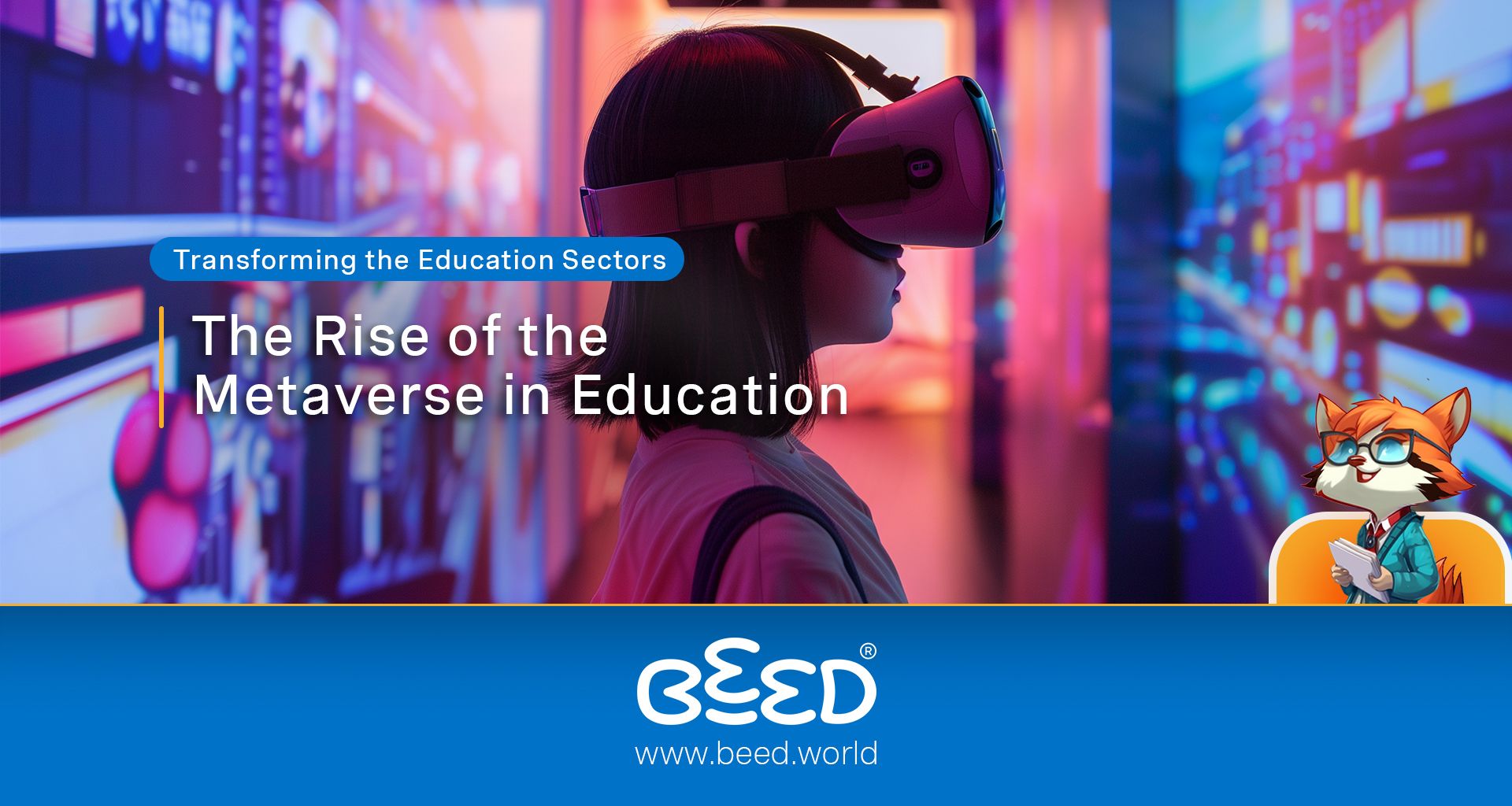The Rise of the Metaverse in Education

The education sector is on the cusp of a significant transformation with the emergence of the metaverse. This immersive virtual environment, powered by extended reality (XR) technologies like virtual reality (VR) and augmented reality (AR), promises to revolutionise learning by creating engaging and interactive experiences that transcend the limitations of traditional classrooms. This case study explores the potential of the metaverse in education, analysing its opportunities, challenges, and ethical considerations.
Opportunities
Immersive Learning: The metaverse allows students to experience historical events, explore distant locations, and conduct virtual experiments in a way that traditional textbooks and lectures cannot. Imagine dissecting a virtual frog in biology class or walking the streets of ancient Rome in history.
Accessibility and Inclusivity: The metaverse has the potential to break down geographical barriers and create a more inclusive learning environment. Students with disabilities can participate in simulated activities that might be difficult or impossible in the real world.
Personalised Learning: Metaverse platforms can utilise artificial intelligence (AI) to tailor learning experiences to individual student needs and learning styles. This personalised approach can improve student engagement and academic achievement.
Collaborative Learning: The metaverse fosters collaboration and teamwork by allowing students from different locations to interact and work on projects together in a virtual space.
Challenges
Technological Infrastructure: Widespread adoption of the metaverse in education requires significant investment in hardware and software. VR headsets and reliable internet access are not yet universally accessible, creating potential equity issues.
Teacher Training: Educators need training to effectively develop and deliver engaging lessons in a virtual environment. Integrating metaverse technology into existing curricula requires pedagogical innovation.
Safety and Privacy Concerns: The metaverse raises concerns about data privacy and potential online harassment. Educators and institutions need to develop robust safeguards to protect students in the virtual world.
Mental Health and Wellbeing: The immersive nature of the metaverse could lead to addiction or social isolation if not managed effectively. Striking a balance between virtual and physical interaction is crucial.
Ethical Considerations
Equity and Access: Ensuring equitable access to metaverse technologies is essential to avoid exacerbating the digital divide.
Data Privacy: Protecting student data and ensuring informed consent for its use in the metaverse is paramount.
Teacher Training: Educators need training to identify and address potential biases within the virtual learning environment.
Standardisation and Regulation: Developing ethical guidelines and regulations for the metaverse in education is crucial for responsible implementation.
The metaverse holds immense potential to transform education by creating engaging and immersive learning experiences. However, addressing the challenges and ethical considerations is necessary to ensure its equitable and responsible implementation. As technology matures and educators adapt, the metaverse has the potential to create a future where learning is no longer confined by physical limitations but fueled by imagination and limitless possibilities.